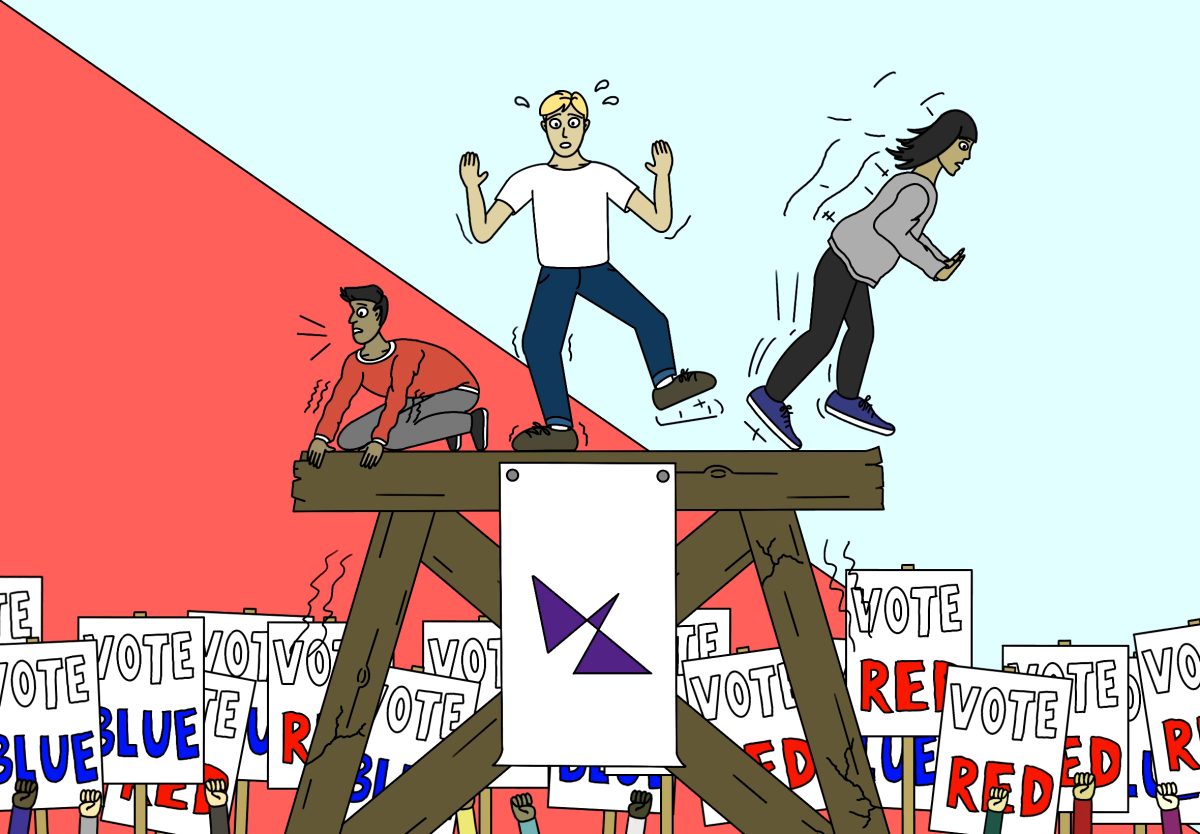It’s evident that our country is divided. As of 2023, 61% of Americans feel that it is stressful and frustrating to engage in political conversations with people they disagree with, according to a survey conducted by the Pew Research Center.
Political polarization is a painful reality for young adults, like Furman students. The good news is that solutions to this dilemma abound on a campus like Furman’s.
The Riley Institute at Furman describes itself as a place where promising leaders of tomorrow are empowered to “advance equity and drive social and economic progress in South Carolina and beyond.” Most importantly, the institute boasts its commitment “to nonpartisanship and a bias-free path to change.”
Since 2015, the center has partnered with the Osher Lifelong Learning Institute to bring an annual CLP series titled “StraightTalk” to Furman. Each year for three weeks, the series hones in on a topic of political pertinence, offering commentary by experts in the field. Past examples include structural racism (2021), the climate movement (2022) and, most recently, this past September, “Politics in the Divided States of America.”
This year’s first StraightTalk session hosted former Republican Representative Carlos Curbelo alongside Roberto Suro, the former director of the Pew Hispanic Center, senior correspondent for major national newspapers and current professor at the University of Southern California.
The title of the talk was “Immigration: A Case Study on ‘Us vs. Them’ Politics,” which seemingly promised a riveting debate between a journalist-academic and a Republican politician.
Finally, an opportunity to see what civil debate looks like across the aisle, free from rhetorical extravagance and elaborated misinformation. What could this look like? Did the Riley Institute crack the code and gain access to what could only be described as a fantasy in today’s world?
We actually wouldn’t know.
During the first StraightTalk of 2024, a Republican and a university professor essentially agreed for an hour and a half on a topic as hot as immigration. Their incessant agreeing was a direct result of the questions being asked, which were geared towards the dangers of partisanship and the various ways to combat it, rather than the issue of immigration itself.
The two remaining sessions were titled “How Did Everything Become a Culture War?” and “How Do We Start Talking To Each Other Again?” These talks also provided insightful commentary on the dangers of partisanship by experts in their respective fields. Questions about these dangers continuously took precedence over any topics that would have encouraged the speakers to debate.
What would’ve happened if speakers were encouraged to debate their views in a civil manner? By encouraging speakers to express their opinions on the partisan topics discussed, the speakers would’ve been given the opportunity to put their insightful commentary into practice.
This missing link from the sessions would’ve been an ideal way to model solutions for a “Divided States of America.” The sessions shouldn’t have only asked the question of how current political division could be fixed; they should’ve demonstrated the ability to create bridges across partisan divides, especially in times as crucial as today.
It’s increasingly unrealistic to expect college students to go out of their way to engage with peers on controversial issues, especially when it’s the peers with whom they share a dining hall, bathrooms and dorm rooms. However, this issue can be mitigated if the university and its institutions such as the Riley Institute promote examples of civility.



































